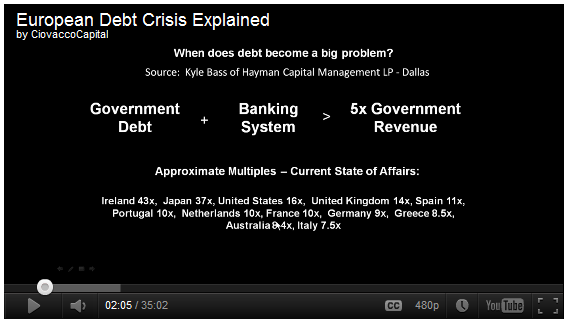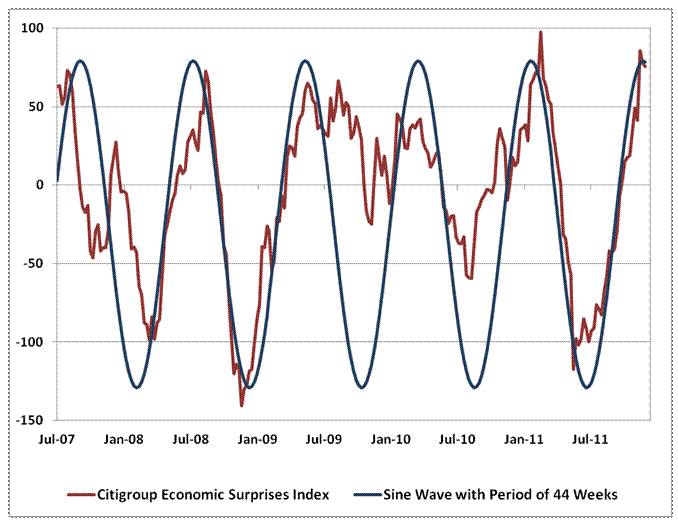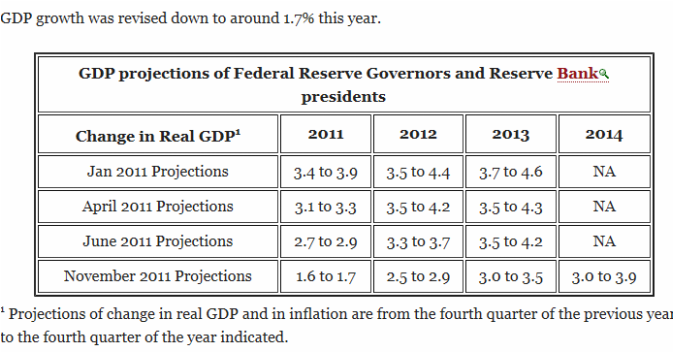If the oil futures market is correct, Saudi Arabia will start running into trouble within two years. It will be in existential crisis by the end of the decade.
The contract price of US crude oil for delivery in December 2020 is currently $62.05, implying a drastic change in the economic landscape for the Middle East and the petro-rentier states.
The Saudis took a huge gamble last November when they stopped supporting prices and opted instead to flood the market and drive out rivals, boosting their own output to 10.6m barrels a day (b/d) into the teeth of the downturn.
Bank of America says OPEC is now "effectively dissolved". The cartel might as well shut down its offices in Vienna to save money.
The problem for the Saudis is that US shale frackers are not high-cost. They are mostly mid-cost, and as I reported from the CERAWeek energy forum in Houston, experts at IHS think shale companies may be able to shave those costs by 45pc this year - and not only by switching tactically to high-yielding wells.
Advanced pad drilling techniques allow frackers to launch five or ten wells in different directions from the same site. Smart drill-bits with computer chips can seek out cracks in the rock. New dissolvable plugs promise to save $300,000 a well. "We've driven down drilling costs by 50pc, and we can see another 30pc ahead," said John Hess, head of the Hess Corporation.
It was the same story from Scott Sheffield, head of Pioneer Natural Resources. "We have just drilled an 18,000 ft well in 16 days in the Permian Basin. Last year it took 30 days," he said.
He said the resilience of the sister industry of shale gas should be a cautionary warning to those reading too much into the rig-count. Gas prices have collapsed from $8 to $2.78 since 2009, and the number of gas rigs has dropped 1,200 to 209. Yet output has risen by 30pc over that period.
Until now, shale drillers have been cushioned by hedging contracts. The stress test will come over coming months as these expire. But even if scores of over-leveraged wild-catters go bankrupt as funding dries up, it will not do OPEC any good.
The wells will still be there. The technology and infrastructure will still there. Stronger companies will mop up on the cheap, taking over the operations. Once oil climbs back to $60 or even $55 - since the threshold keeps falling - they will crank up production almost instantly.
Mr Sheffield said the Permian Basin in Texas could alone produce 5-6m b/d in the long-term, more than Saudi Arabia's giant Ghawar field, the biggest in the world.
Saudi Arabia is effectively beached. It relies on oil for 90pc of its budget revenues. There is no other industry to speak of, a full fifty years after the oil bonanza began.
In hindsight, it was a strategic error to hold prices so high, for so long, allowing shale frackers - and the solar industry - to come of age. The genie cannot be put back in the bottle.



 RSS Feed
RSS Feed
